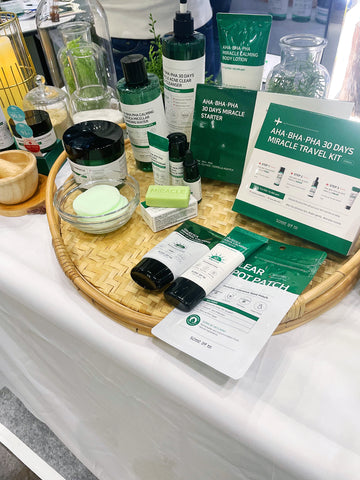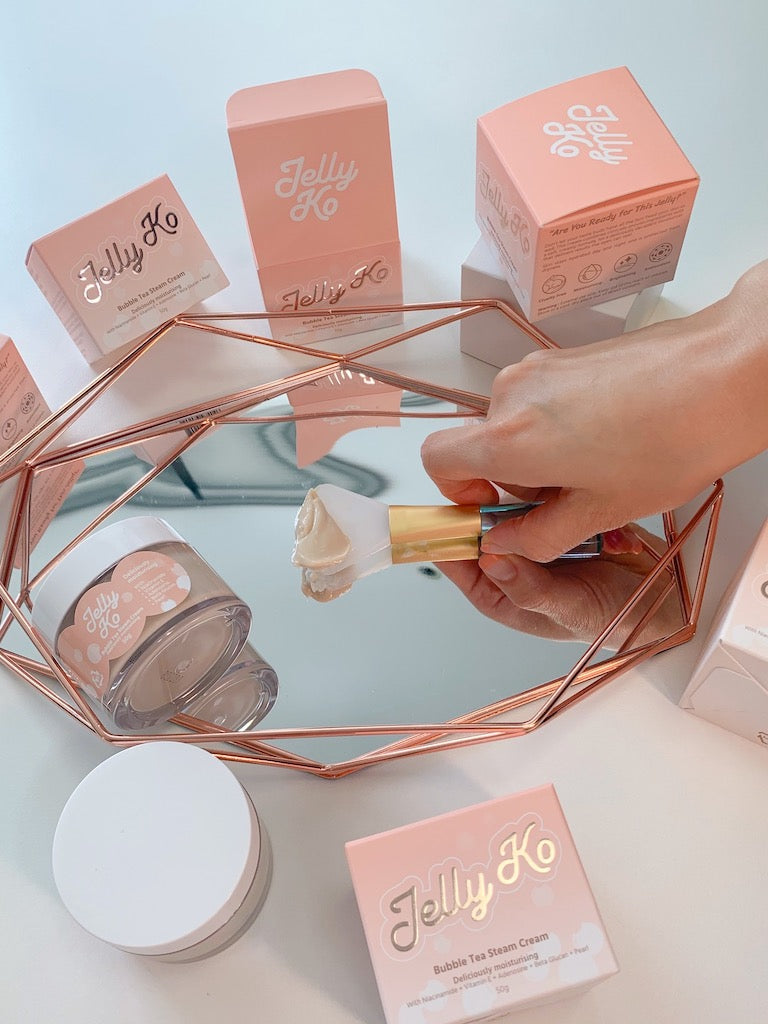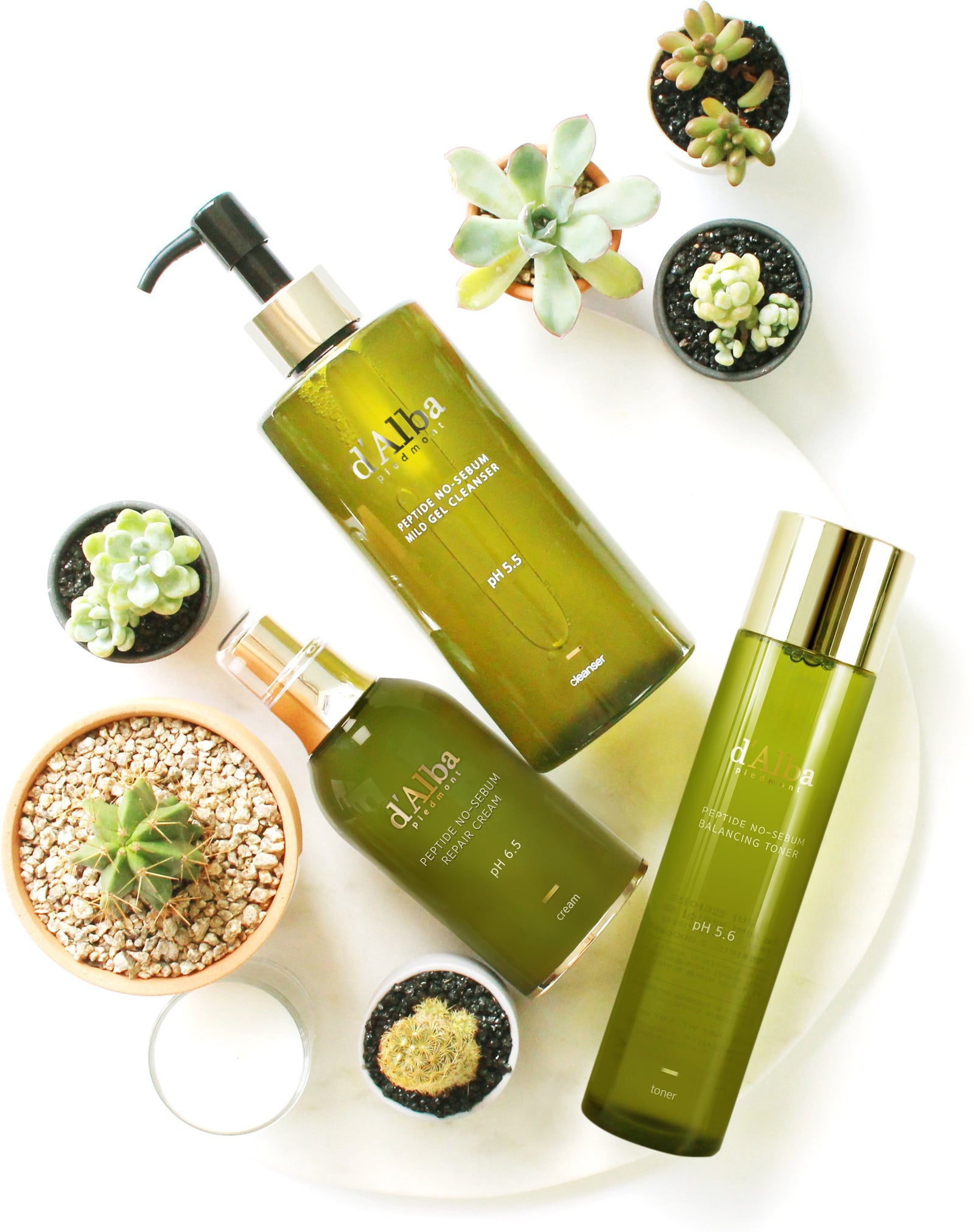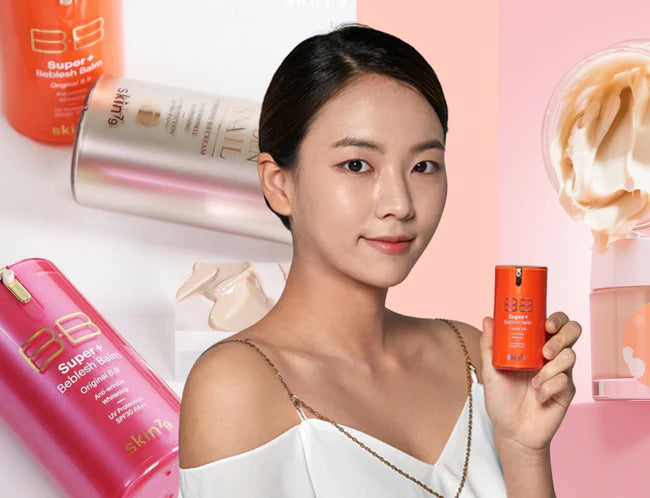The Korean Beauty Show 🎧 Your K-Beauty audio library starts here →
Menu
How K-beauty Has Changed
May 31, 2023

How K-beauty Has Changed
To celebrate reaching 200 episodes of the Korean Beauty Show podcast, Lauren is taking a walk down memory lane exploring how Korean beauty has changed since she first started using it in 2011. From changes in the retail landscape, to the shifts in focus and identity of the various brands to who is running K-Beauty brands, tune in to hear how the Korean beauty industry has changed since going mainstream.
GET IN TOUCH WITH ME
My Instagram: www.instagram.com/lauren.kbeauty
Shop Kbeauty: www.stylestory.com.au
Style Story’s Instagram: www.instagram.com/stylestory_kbeauty
Jelly Ko’s Instagram: www.instagram.com/jellyko_official
Facebook: www.facebook.com/stylestory.au
Website: www.thekoreanbeautyshow.com
Sign Up to Our Mailing List to Join Tester's Club: https://stylestory.com.au/pages/free-gift-signup
Pinterest: https://www.pinterest.com.au/stylestoryau
EPISODE SUMMARY
-
What K-Beauty looked like in Korea in 2011
-
What it looks like now
-
Most of the big K-Beauty retailers now have their own brands
-
K-Beauty has gone mainstream
-
Asian beauty sphere
-
More global companies are making products in Korea
-
More female founders
-
Change in Focus & Identity

What K-Beauty looked like in Korea in 2011
- Dominated by the cute and kitsch brands that loved a cute character and lots of colour. Think Peripera, Too Cool for School, Skinfood, Holika Holika, Etude House, Tony Moly, It’s Skin
What K-Beauty looks like now
- In 2023, the state of K-beauty and what's trending really depends where you are in the world
- In Korea, at the moment everything is dominated by sleek, minimalist brands that are leaning into their clean beauty and vegan credentials.
- Brands that are doing well include Round Lab, Aestura, Manyo Factory, d’Alba, Romand, vegan makeup brands
- Overseas, the industry is dominated by brands with large investments, parent companies or marketing budget. The top brands in most foreign markets tend to be Dr Jart, Innisfree, COSRX, Laneige

Retailers Run Their Own K-Beauty Brands
- These days, most of the big K-Beauty retailers now have their own brands - this is certainly the case in the US (ie. brands like Glow Recipe used to offer a curated collection of other K-Beauty products but now run their own brand solely),
- STYLE STORY runs Jelly Ko
- In Korea, the online and offline retailers have a lot of their own brands. Silicon 2, which runs one of the popular online stores, for example invests heavily in a lot of different K-Beauty brands
Shift Away from Reliance on China
-
At the moment, we’re seeing brands attempt to diversify the markets they sell in to shift their reliance away from China.
-
Over the years there have been a range of political issues between China and Korea causing headaches for domestic Korean companies with their China exports (i.e the THAAD missile debate and related import bans). A lot of these problems were compounded by the pandemic.
- Chinese lockdowns were extensive and lasted longer than in many countries, which had an impact on the retail sector.
- Many brands are now focusing on America and recent press releases from brands like Laneige suggest that Amore Pacific is exploring opportunities in new markets like the Middle East

K-Beauty has Gone Mainstream
-
It is safe to say that in 2023, K-Beauty is no longer a niche
-
People all over the world pay attention to what the Korean beauty industry is doing and Korea is now widely acknowledged as a global beauty destination.
-
The advancements in technology, machinery, cosmetic procedures and of course beauty products are receiving global attention and recognition
- The marketing of brands and products is simultaneously being done in many different languages and countries.
- That means that what’s going on in Korea doesn’t matter as much as it once did

Changes in the Asian Beauty Sphere
- The Asian beauty sphere was once dominated by bloggers, who blogged in extensive detail about Korean skincare, new brands and the Korean beauty routine.
- These old blogs have now been replaced by TikTokers.
- In the shift towards shorter form content, the deep knowledge of Korean skincare that many of the old bloggers had has been replaced by superficial.
- Reviews tend to be based on trending products or PR sendouts rather than discovering new or unknown brands or products.
More global companies are making products in Korea
- Korea has become a manufacturing hub and destination
- Many global beauty brands now make products in Korea, such as Rare Beauty
- This is one part of the industry that I have been involved in over the last five years, acting as consultant for brands and founders wanting to manufacture beauty products in Korea
- I also work with a range of salons and aestheticians looking to stock Korean beauty products in their salons.

More Female Founders in K-Beauty
- K-Beauty is still overwhelmingly dominated by men, which is in stark contrast to the global beauty industry which is largely female
- In Korea, this is slowly improving.
- Just some of the Korean beauty brands founded by females include:
- Some By Mi, founded in 2016 by Lee Ji Eun
- iUNIK, founded by CEO Kim Mi Kyung
- Chosungah 22, founded by Cho Sung-Ah, one of Korea's most famous celebrity makeup artists.
- Haruharu, founded by Jae Won Jeong
- Jelly Ko, founded by me
STYLE STORY - Your Go To For Kbeauty Since 2014




Leave a comment
Comments will be approved before showing up.